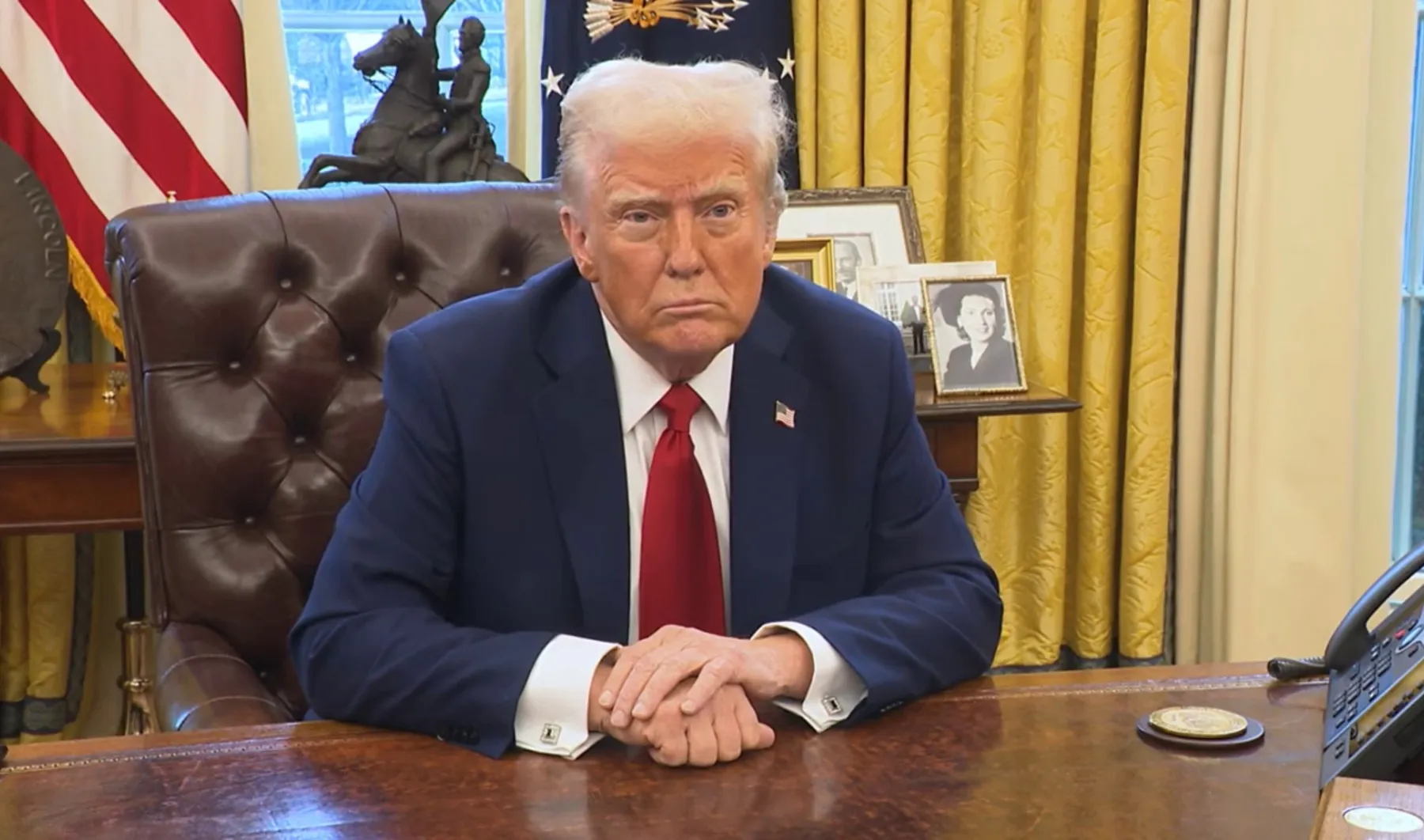No Shift in Moscow Despite Trump’s 50-Day Ukraine Deadline
Kremlin Rejects Pressure as Trump’s Ultimatum Draws Global Attention Despite former U.S. President Donald Trump’s 50-day deadline to end the Ukraine conflict, Moscow has shown no signs of shifting its position. The Kremlin dismissed the warning as political posturing during an American election season, stating that Russian military operations in Ukraine will “continue according to […]







